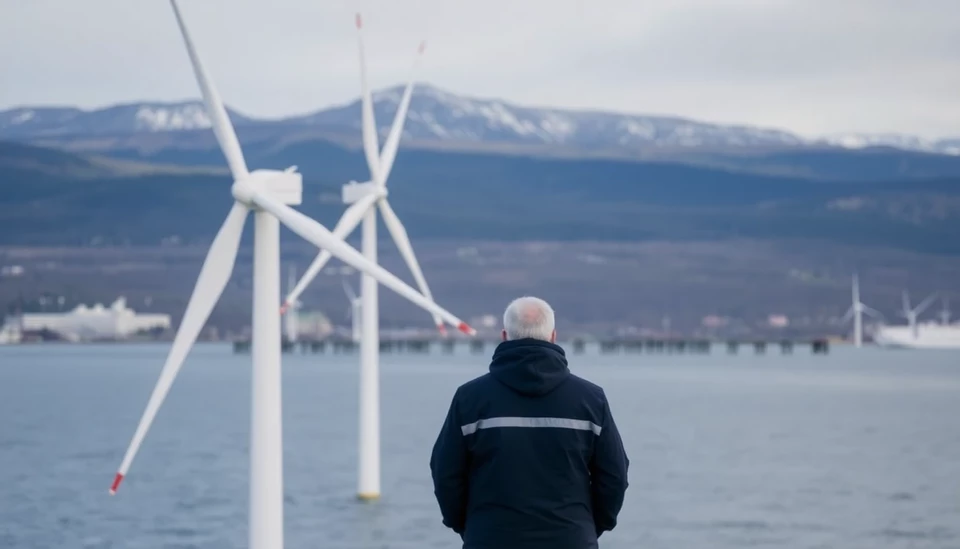
Equinor, the multinational energy company based in Norway, has announced a major suspension of its wind energy project off the coast of the United States. This decision comes in light of a recent executive order issued by former President Donald Trump, which notably calls for an immediate cessation of all offshore wind development in the country. The implications of this move are substantial, as it not only affects Equinor’s plans but also raises questions about the future of renewable energy investments in the U.S.
The halted project, known as the Empire Wind initiative, aims to harness the abundant wind resources off the coast of New York. Equinor has invested significantly in this project, envisioning it as a crucial step toward enhancing renewable energy generation in line with global efforts to combat climate change. However, Trump's order has put a sudden and unexpected stop to these plans, showcasing how political dynamics can dramatically impact the energy sector.
Industry experts have expressed concern regarding the ramifications of this suspension. With ongoing debates about energy policy and climate change, Trump's order signifies a potential setback for the renewable energy movement in the United States. Analysts suggest that the decision could deter future investments in wind energy, as developers may become wary of the unpredictability surrounding regulatory environments and political turnover.
Equinor’s response to this development has been measured, reflecting a commitment to work within the framework set by the new executive order while also emphasizing the importance of maintaining momentum in renewable energy projects. The company has reiterated its goal of contributing to sustainable energy solutions and is currently assessing the path forward in light of the recent developments.
As the situation unfolds, stakeholders in the renewable energy sector are calling for clearer communication and policies that can stabilize the investment climate. They hope that discussions around energy independence, environmental responsibility, and economic growth will lead to a more supportive environment for wind projects in the future, regardless of political changes.
This incident underscores the delicate balance between energy policy and the political landscape in the United States, making it crucial for companies like Equinor to navigate these challenges adeptly.
As Equinor looks ahead, many are watching closely to see how the company and the broader wind energy sector will adapt to the shifting tides of U.S. energy policy. The outcome of this situation may well influence the trajectory of renewable energy development in the country for years to come.
In summary, Equinor’s temporary halt in the U.S. wind project signals broader challenges ahead for the renewable energy sector amid changing political directives. Stakeholders remain hopeful for a return to a more favorable regulatory environment as the country navigates its energy future.
#renewableenergy #windpower #Equinor #Trump #USenergy #policy #climatechange
Author: Megan Clarke




